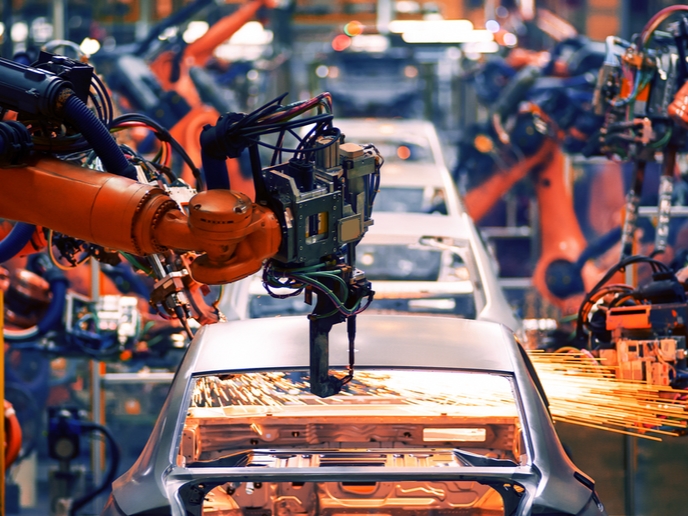Catching up with ColRobot: A robotic mobile manipulator ready to go and tailor-made for industry
For 3 years, ColRobot (Collaborative Robotics for Assembly and Kitting in Smart Manufacturing) worked on the development of collaborative robotics to help overcome some of the biggest common challenges in the automotive and aerospace industries, such as large backlogs of orders and the need for flexibility to meet market demands. The crown jewel of their innovative technology was a robotic mobile manipulator which acts as a ‘third hand’ for production line workers, able to move around the factory autonomously looking for pieces or tools and delivering them or holding them whilst the human operator performs another task.
Working robotic wonders with Renault
At the time, ColRobot had been working closely with Renault, with one of its mobile manipulators being designed specifically for the carmaker. “And since then, we have continued to work with Renault,” says Gibaru. “Our work with them has branched out into working on additional functionalities, based on robust tools from the artificial intelligence domain, which is currently under investigation to simplify the in-factory collaboration between humans and to increase the system’s overall autonomy.” In the long run, Renault would like to create an industrial robot based on ColRobot’s mobile robot for autonomous screwing applications on the production line, reducing ergonomics issues and increasing efficiency. “ColRobot has been an excellent example of a continued post-project collaboration with a major industry player that is getting our (mostly) EU-funded solution onto the market and tailor-made to the manufacturer’s specifications and needs,” Gibaru comments.
Other ventures as well
It’s not just the Renault production lines where the ColRobot team have continued to be active. “Since ColRobot’s official end, some of our new projects have been investigating the potential of machine learning for a vast field of robotics applications, especially for robotic bin-picking applications,” Gibaru elaborates. But why bin-picking? “Because it’s a low added-value operation but also a complex task, so it was therefore interesting to develop a mobile collaborative robotic solution for industry,” he responds. Overall, EU funding was a huge benefit to the ColRobot team. “The greater outreach and the increase of our visibility through the ColRobot brand has been especially useful, as well as strengthening the confidence of our partners, both old and new, and industrial and academic,” concludes Gibaru.
Countries
France



